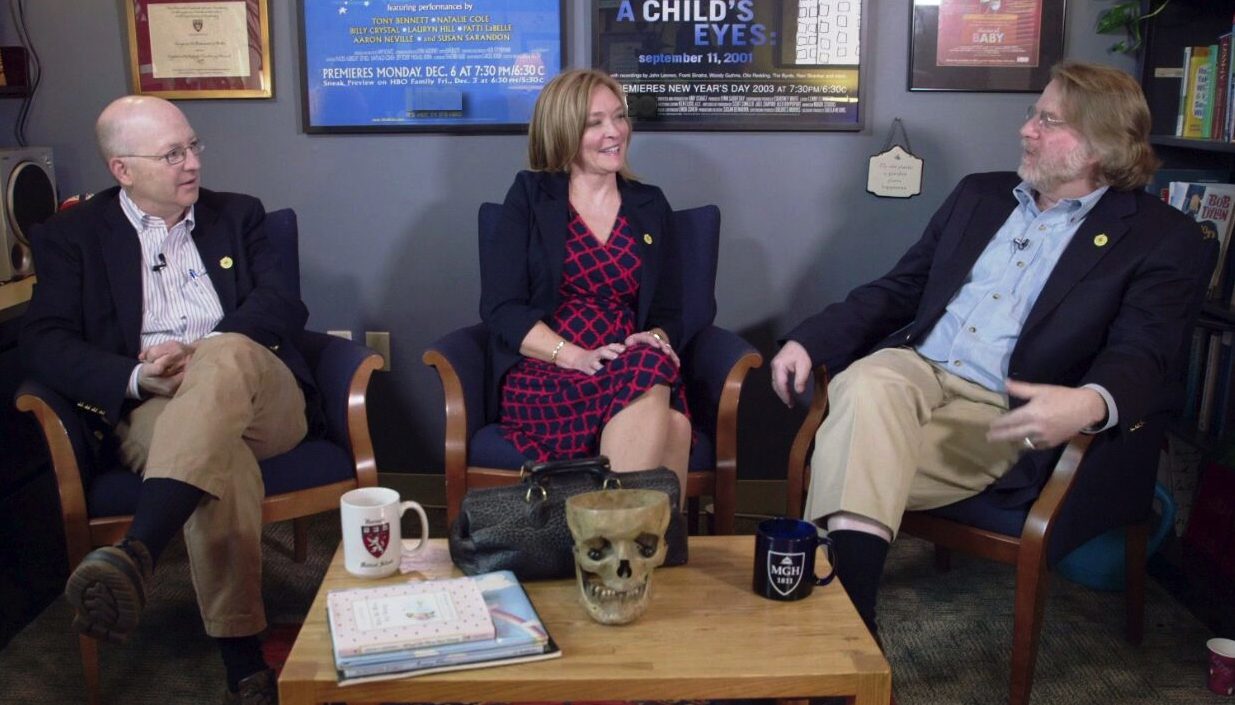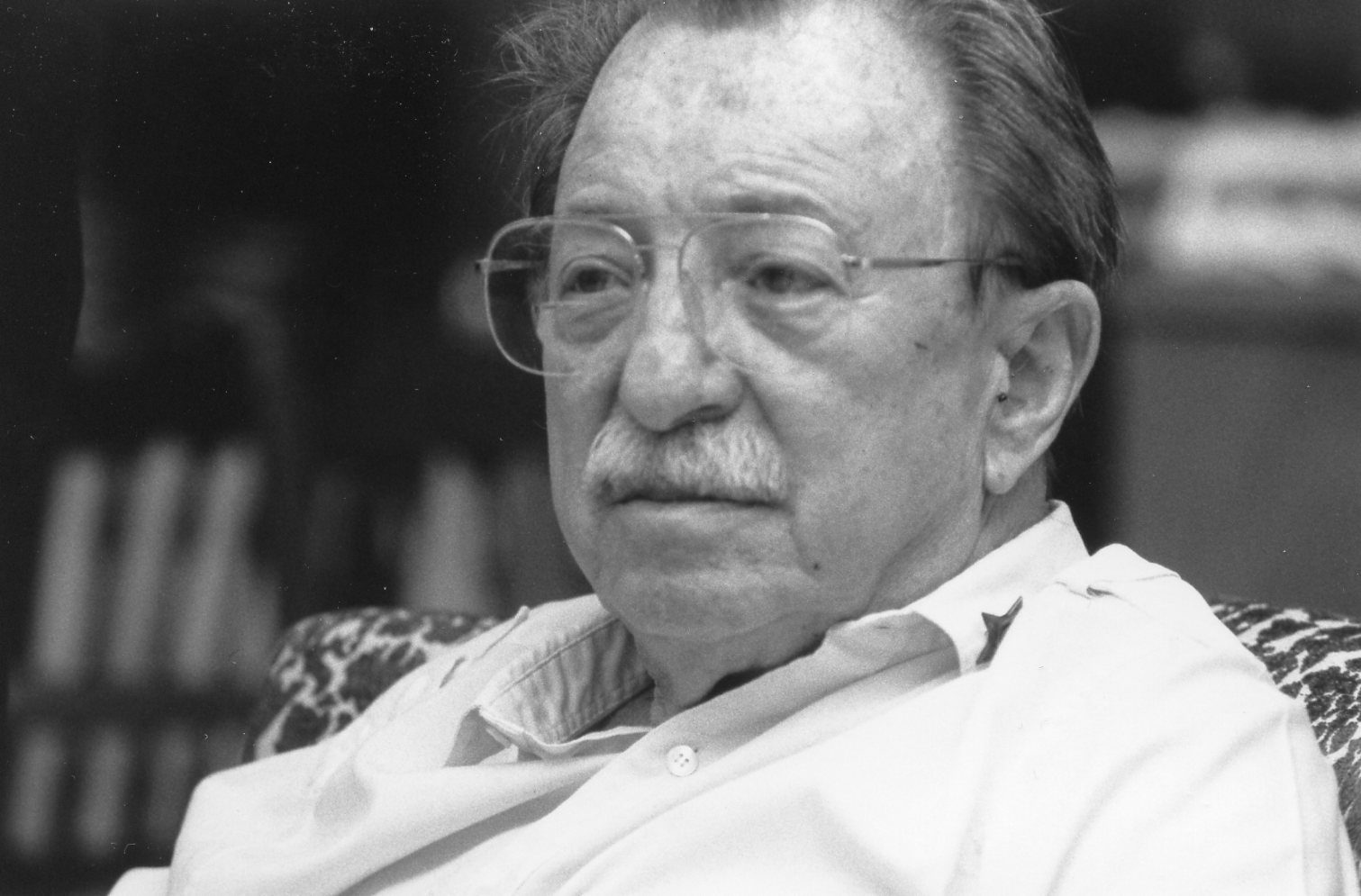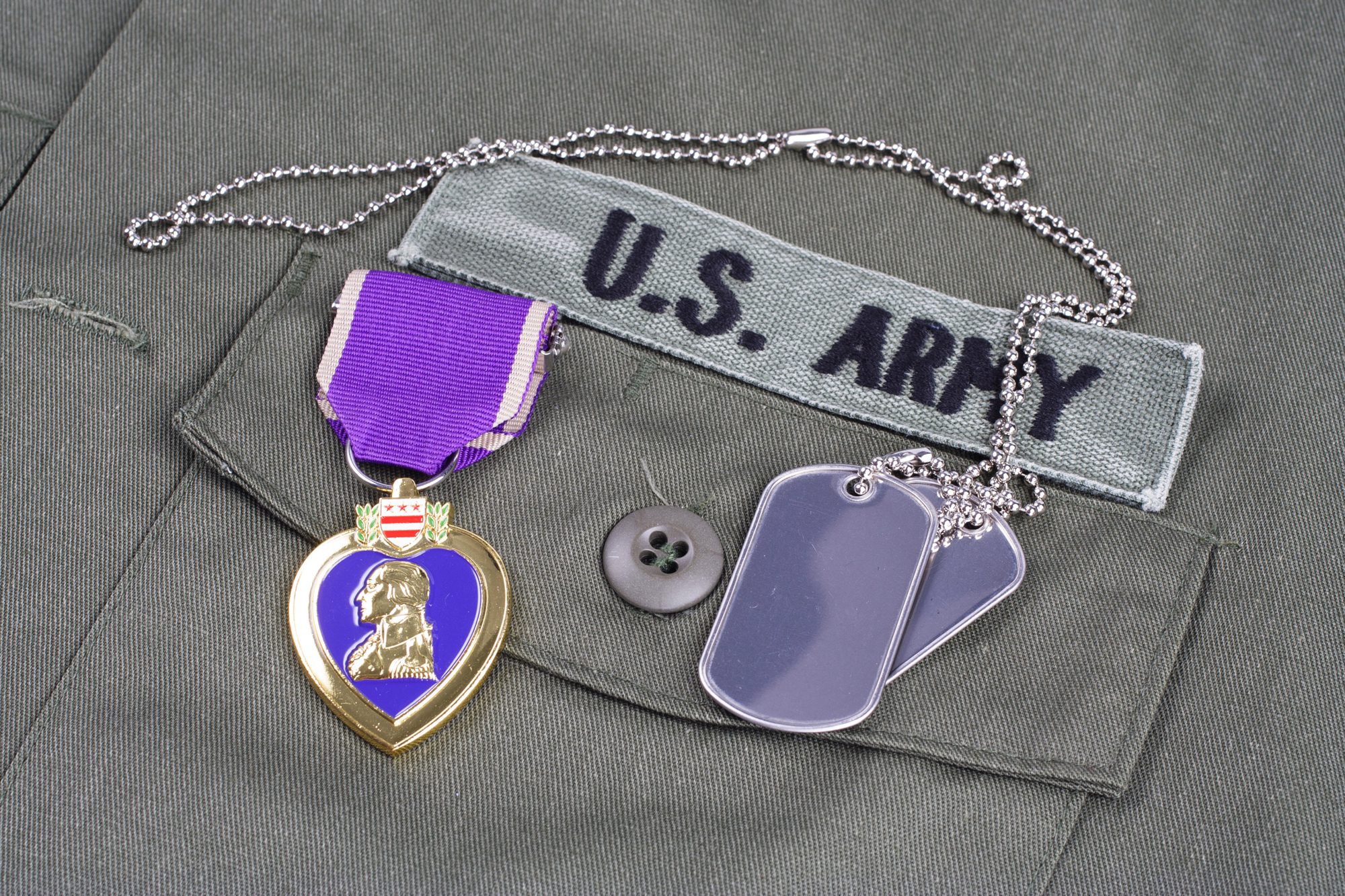Hot Topics
There Are All Sorts of Ways of Making Things Better

Things might seem kind of awful lately.
Every news headline, from every corner of American ideology, feels pretty depressing. We are subjected to nihilistic rants or apocalyptic predictions. When do we smile? When our late-night talk-show hosts use our negativity for comedic material. I’ll admit it.
Short Days, Bad Moods: Seasonal Affective Disorder

Tomorrow, it could get as low as four degrees in Boston. Four degrees.
It’s hard to wrap your mind around four degrees. Four degrees means that the steam rising from industrial chimneys looks frozen. It means that geese are stuck in the river, their feet trapped under the ice. It means that your face hurts when you smile.
3 Ideas For New Year’s Resolutions from Former Boston Celtic Brandon Bass

If you’re looking for inspiration or ideas for how you can become a better parent in the new year, look no further. After reading a Boston Herald article (and accompanying video) about former Boston Celtics player Brandon Bass, we were compelled to share some of the wisdom we gleaned from Mr. Bass’ story.
“You would do it if you loved me.” Teens, Coercive Relationships, and Digital Media

You would have to be completely unplugged to have missed the heightened reports of sexually coercive behavior among celebrities, prominent media figures, and politicians. Indeed, the seemingly sudden explosion of public knowledge of these deplorable actions might lead you to believe that we are encountering a new phenomenon.
The Psychological Gift Of Giving A Gift

Intro music written and performed by Dr. Gene Beresin.
Outro music performed by Dr. Gene Beresin.
The holidays are, alas, upon us.
The Clay Center Launches Multimedia Effort to Promote Mental Wellness Among Youth

New film series and video podcast promote conversations to shift the social landscape of mental health
FOR IMMEDIATE RELEASE
BOSTON, Mass.
Memories Of A Veteran’s Son: Living With Undiagnosed PTSD

In honor of Veterans Day and all of the men and women who have and continue to serve this great country, we’re reposting Dr. Gene Beresin’s memories of his father and his sacrifice below.
***
Waking my dad early in the morning was terrifying.
Why Are We Denying Purple Hearts To Veterans With PTSD?

I have seen Arthur Segaloff* for psychiatric care for over 20 years. He suffers from severe post-traumatic stress disorder (PTSD) following his two tours of duty in Vietnam.
Arthur attended the University of Massachusetts, and graduated in 1969.
Talking to Kids About Natural Disasters (The Weather Channel)
Over the past month, the devastation of hurricanes Harvey, Irma and Maria has topped the headlines and media outlets. The earthquake in Mexico has shocked the world. These events have shaken countless individuals, families, and communities, including our children.
Older Not Wiser: Senior High School Drivers Take More Risks Than Younger Teens According to New Study

Back to school.
For seniors, it’s often a stressful time as they prepare for a new era in life after high school, but also one of enthusiasm as they feel a greater sense of confidence and autonomy.
It’s also a time parents worry more – about their teens’ future and about risky behaviors.




